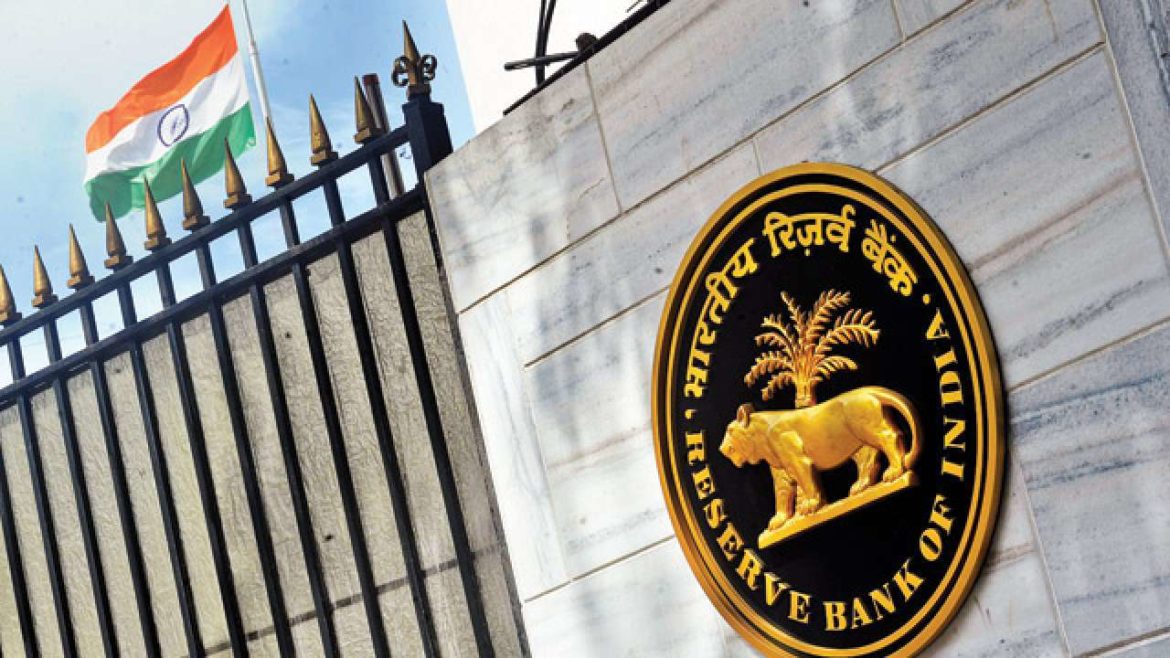On a sunny morning in Delhi, two 'custodians' stuff the interior of a dark blue van with metal trunks containing bundles of cash in yellow plastic bags. Two armed guards, their fingers touching the trigger of their double-barrel shotguns, keep watch.
The trunks come out of tiny, square doors on the outer wall of a building. On the other side of the wall, machines manned by workers separate soiled or unusable notes from ATM-worthy ones.
The setting is cash management services company SIS Prosegur's state-of-the-art processing centre at Okhla industrial area in Delhi. As many as 160 cameras monitor the facility, which has one of the largest vaults in Asia. Security arrangements include blast-proof walls and a frisking so thorough that it would put even US airport authorities to shame.
Everyone at the facility has been keeping their eyes peeled ever since two unidentified, armed men killed a security guard and robbed Rs1.5 crore from a van replenishing an ATM at Kamla Nagar in Delhi. In the past year alone, at least 23 similar incidents, resulting in the death of three people, were reported in India.
The armoured vans of SIS Prosegur undertake almost 5,000 rounds every day to manage 23,500 ATMs across the country. What may seem a routine business is, in reality, rife with risk. The Arms Act, 1959, does not allow gun licences to be issued to the private sector, making it impossible for cash services firms to hire trained guards to protect the vans.
“We overcome this problem by hiring people who have weapons in private capacity to sit in our cash vans,” said Rituraj Sinha, managing director, SIS Prosegur.
In India, gun licences cannot be issued for commercial purposes. Two years ago, this caused a crisis in Maharashtra: policemen started confiscating guns from private security personnel at ATMs, jewellery stores and malls. Only after heavy lobbying from the private security sector did the state government suspend the move.
The cash management services sector in India is growing fast. Worth more than Rs30,000 crore now, the private security sector is slated to cross Rs1 lakh crore before 2020. It employs more than 50 lakh security guards, three times the number of police, paramilitary and other law enforcement agencies put together.
But, thanks to the Arms Act, there is a shortage of trained security guards. At least Rs15,000 crore of hard cash is on Indian roads every day, travelling back and forth between banks and ATMs.
According to the Reserve Bank of India, there are 1,70,000 ATMs in India. The number would go up to four lakh in five years, further increasing ATM transactions and fuelling demand for cash management services. Mumbai-based Writers Safeguard manages 15,000 ATMs and employs around 1,600 armed guards.
“We need trained guards who are experts in this line of work. We have asked the home ministry for non-lethal guns with rubber bullets, which will maim and not kill,” said Suneel Aiyer, CEO, Writers Safeguard.
Said Sinha: “The industry desperately needs arms. The home ministry and the RBI aren't moving fast enough to provide weapons.” In 2013, a committee constituted by the Indian Banks' Association recommended that the RBI ask the Union home ministry to facilitate issuance of requisite number of arms licences to cash replenishing agencies as well, “as they handle public money and operate on behalf of the banks”.
The home ministry, however, has no immediate plans to amend the Arms Act. “It [the Arms Act] has to evolve. But it can't be done overnight,” said M.A. Ganapathy, joint secretary (internal security), ministry of home affairs. “There will be change in due course.”

